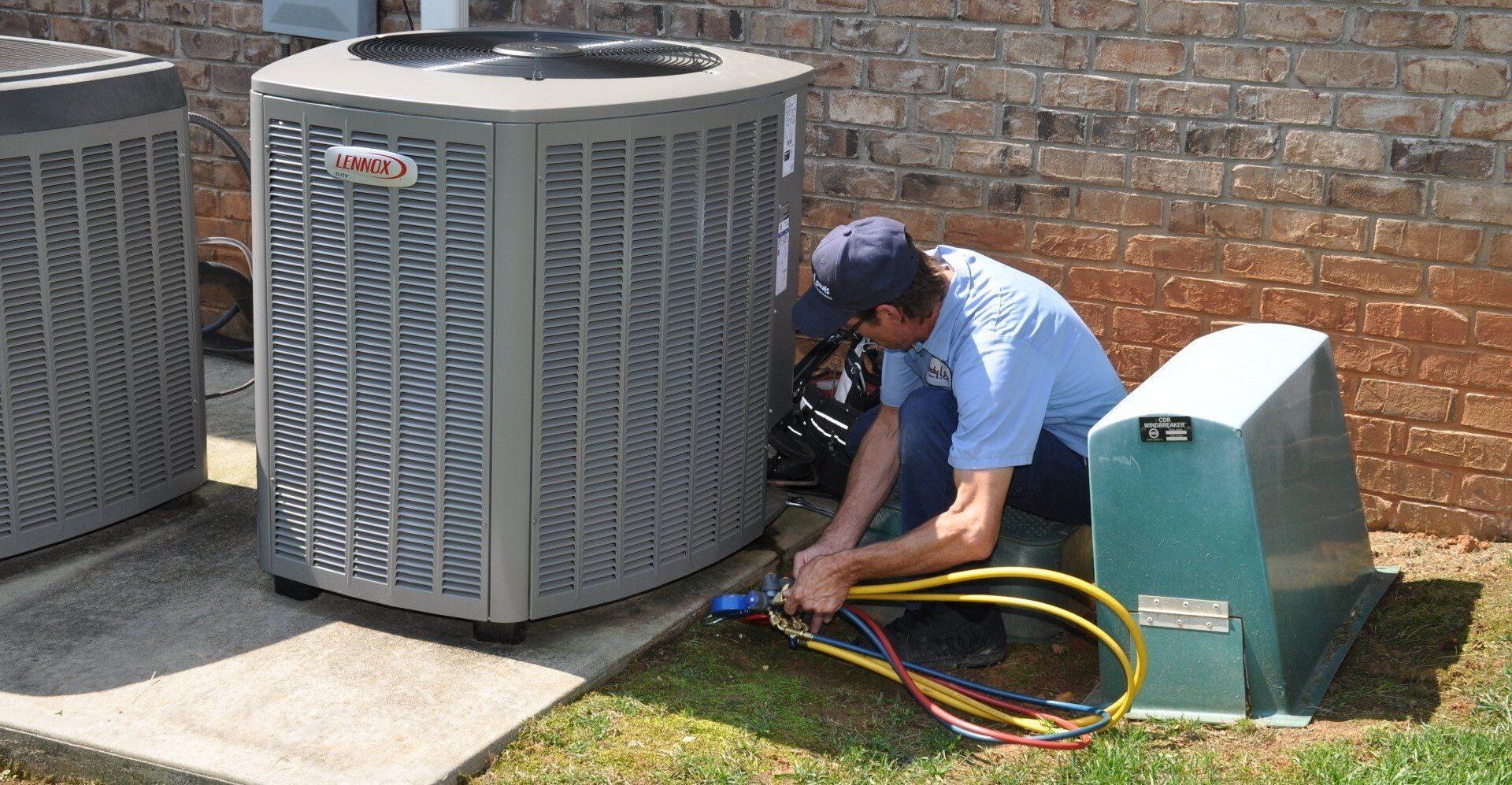In the sector of HVAC (Heating, Ventilation, and Air Conditioning), several features are essential for the right functioning and effectivity of the techniques. While it is challenging to pinpoint a single most essential factor, several key components are paramount to consider:
1. Safety:
Safety is the top precedence in HVAC work. Technicians must adhere to security protocols to stop accidents, particularly when dealing with electrical components, gasoline methods, and potentially harmful substances. Proper set up, upkeep, and repair procedures ensure the protection of both technicians and occupants.
2. Proper Installation:
Correct set up of HVAC techniques is important. Proper sizing, exact set up of parts, and appropriate ductwork design contribute to system efficiency, longevity, and performance. Incorrect installation can lead to inefficiencies, frequent breakdowns, and higher vitality bills.
3. Regular Maintenance:
Regular maintenance ensures HVAC systems operate efficiently, stopping breakdowns and prolonging the system's lifespan. Routine duties like altering filters, cleansing coils, and inspecting elements are essential for optimum performance and indoor air quality.
four. Energy Efficiency:
Energy efficiency is essential for reducing environmental influence and reducing utility costs. High-efficiency HVAC systems and proper insulation help preserve power, making the system environmentally pleasant and cost-effective for householders and companies.
5. https://pastelink.net/zxfqa3bo :
Effective air flow ensures the circulation of contemporary air, stopping the buildup of indoor pollutants, controlling humidity, and promoting a wholesome indoor surroundings. Proper air flow design is crucial for indoor air high quality and the occupants' well-being.
6. Click for more info (IAQ):
Maintaining good indoor air quality is crucial for occupants' well being and comfort. HVAC systems equipped with applicable filters, air purifiers, and air flow systems help remove allergens, pollutants, and pathogens from the indoor air, enhancing IAQ.
7. Humidity Control:
Controlling indoor humidity is crucial for comfort and stopping issues like mold development and harm to furniture and electronics. Properly functioning HVAC systems help preserve optimum humidity ranges, particularly in regions with fluctuating humidity.
8. System Balance and Airflow:
Balanced airflow ensures consistent heating and cooling throughout the building. Properly balanced methods keep away from uneven temperatures, ensuring every room receives adequate heating, ventilation, and cooling.
9. The Climate Master and Skilled Technicians:
Having skilled and educated HVAC technicians is indispensable. Experienced professionals can precisely diagnose issues, carry out environment friendly repairs, and supply priceless recommendations for optimum system efficiency and power savings.

10. Customer Education:
Educating customers about their HVAC systems, including correct usage, upkeep practices, and energy-saving suggestions, empowers them to make informed selections. Informed prospects usually tend to take steps to keep up their methods and use them efficiently.
While these components are all necessary, the synergy of those elements—safety, proper installation, common upkeep, vitality effectivity, air flow, indoor air quality, humidity control, system balance, expert technicians, and customer education—ensures the effective operation and longevity of HVAC methods, making them collectively the most critical features of HVAC..
